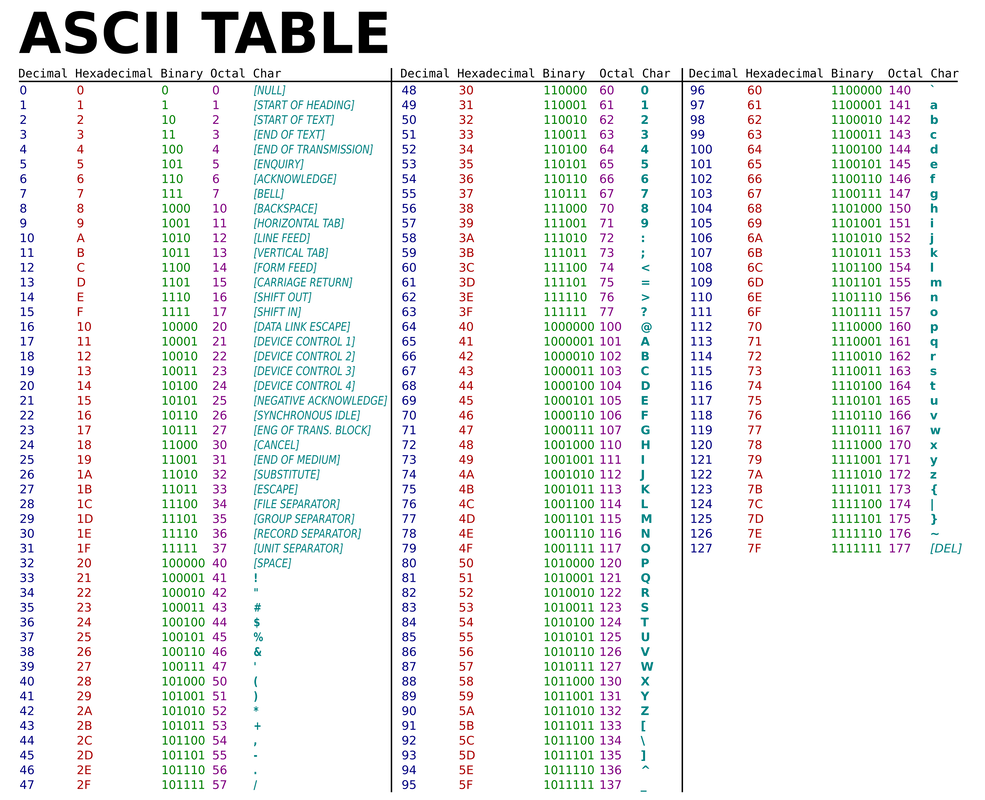
There are various encoding schemes out there such as ASCII, ANSI, Unicode among others. When we type text in a file, the words and sentences we form are cooked-up from different characters, and characters are organized into a charset.
JEDIT ASCII TO UTF HOW TO
In simple terms, character encoding is a way of informing a computer how to interpret raw zeroes and ones into actual characters, where a character is represented by set of numbers. Every other thing such as letters, numbers, images must be represented in bits for a computer to process. A bit has only two possible values, that is either a 0 or 1, true or false, yes or no.

Then finally, we will look at how to convert several files from any character set ( charset) to UTF-8 encoding in Linux.Īs you may probably have in mind already, a computer does not understand or store letters, numbers or anything else that we as humans can perceive except bits. That's not easy to automate from the command line though.In this guide, we will describe what character encoding and cover a few examples of converting files from one character encoding to another using a command line tool. If there is metadata (HTML/XML charset=, TeX \inputenc, emacs -*-coding-*-, …) in the file, advanced editors like Emacs or Vim are often able to parse that metadata. You can give it a language name and text that you presume is in that language (the supported languages are mostly East European languages), and it tries to guess the encoding. Enca is an encoding guesser and converter.Perl Encode::Guess (part of the standard distribution) tries successive encodings on a byte string and returns the first encoding in which the string is valid text.They can make mistakes, but they often work in practice as long as you don't deliberately try to fool them. There are tools that try to guess the encoding of a text file. You can test for valid UTF-8 with isutf8 from moreutils or with iconv -f utf-8 -t utf-8 >/dev/null, amongst others. This is true in particular of UTF-8 most texts in most 8-bit encodings are not valid UTF-8. Some encodings have invalid byte sequences, so it's possible to rule them out for sure. For example, the byte sequence \303\275 ( c3 bd in hexadecimal) could be ý in UTF-8, or ý in latin1, or Ă˝ in latin2, or 羸 in BIG-5, and so on. It isn't always possible to find out for sure what the encoding of a text file is. The hex dumps: $ hexdump -C umlaut-iso88591.txtĬreate something "invalid" by mixing all three: $ cat umlaut-iso88591.txt umlaut-utf8.txt umlaut-utf16.txt > umlaut-mixed.txt $ iconv -f utf8 -t utf16 umlaut-utf8.txt > umlaut-utf16.txt It should create a file containing the umlaut in utf8.Ĭheck the hex dump: $ hexdump -C umlaut-utf8.txtĬonvert to the other encodings: $ iconv -f utf8 -t iso88591 umlaut-utf8.txt > umlaut-iso88591.txt How I created the files: $ echo ä > umlaut-utf8.txt Here is more information about the file command: Here is an example where file was not able to recognize the correct encoding: view file containing DOS text (box-drawing characters, CRLF line terminators) and escape sequences A text made to look like a natural text but is actually nonsense: But it might be a language you just haven't seen before. If you were given a text where the distribution of characters makes no sense then you might conclude that it is an "invalid" text. This is similar to how you might be able to recognize a text as being spanish or french based on the distribution of characters and umlauts. Which practically means no valid encoding recognized. If it does not recognize a pattern, or if the recognized patterns contradict each other, it will say "data" (or binary in mime type). If it recognizes a pattern it will say that it is this or that encoding. It looks over some of the bytes and tries to guess what the encoding might be. Umlaut-utf8.txt: text/plain charset=utf-8 Umlaut-utf16.txt: text/plain charset=utf-16le Umlaut-mixed.txt: application/octet-stream charset=binary You can use the -i parameter to output in mime type: $ file -i *

Umlaut-utf16.txt: Little-endian UTF-16 Unicode text, with no line terminatorsĪnd all three mashed together for an invalid encoding: $ file umlaut-mixed.txt Here demonstrated on a file containing a german umlaut encoded in utf-8: $ file umlaut-utf8.txtĪnd the same umlaut in two other encodings: $ file umlaut-iso88591.txt umlaut-utf16.txt The file command makes "best-guesses" about the encoding.


 0 kommentar(er)
0 kommentar(er)
